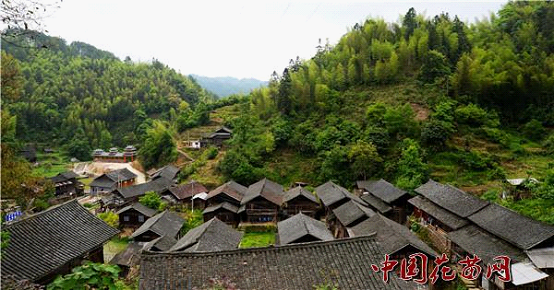
Panorama of the village
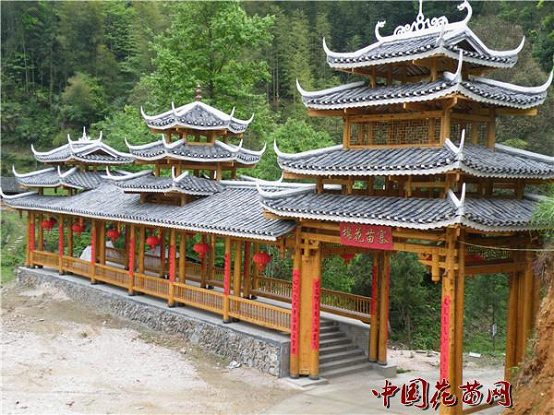
Hua Bridge in the village
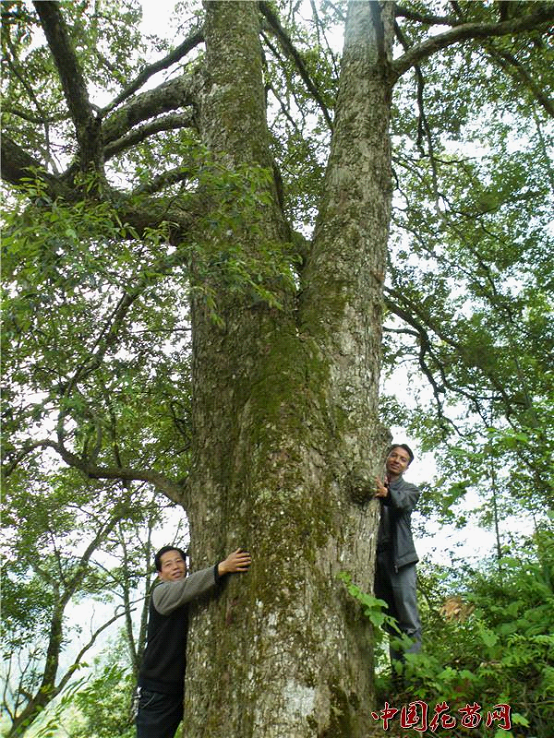
Ancient tree in the village
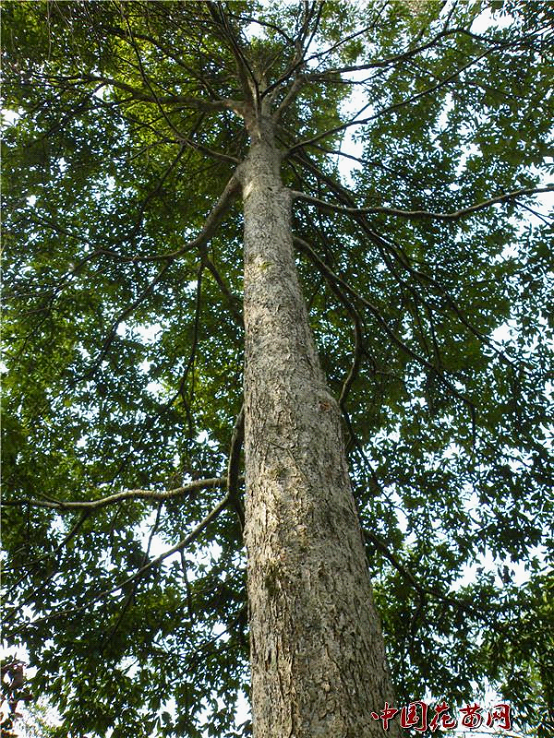
Nanmu tree in the village
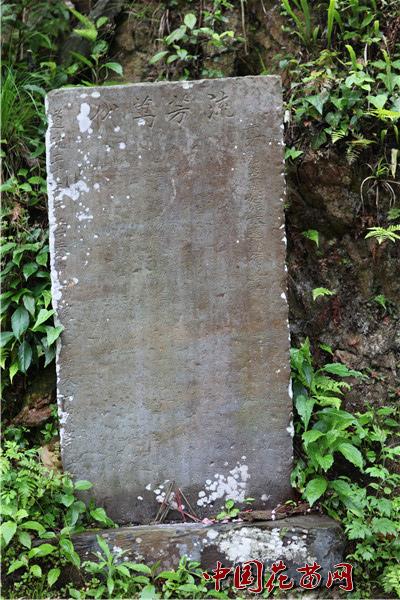
Marriage law engraved on a stone tablet
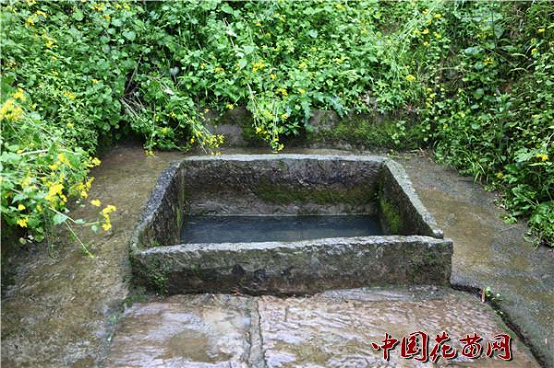
Ancient well
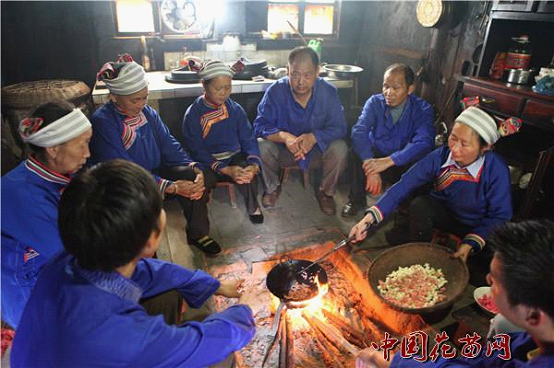
Villagers make oil tea.
Mianhua Village is a Miao village located in the Shangqiao area of Jingzhou County. In ancient times, there were only two natural villages, Nannushan and Mianhuadi. Later, to farm more conveniently, some people gradually moved to the fields, resulting in the formation of five additional natural villages: Huxing, Heishan, Banjing, Yanba, and Shuiniutang. Mianhua Village currently has a population of 956.
The village is situated deep in the mountains of northwest Pingcha Town in Jingzhou County, with the town of Gaotun in Liping County of Guizhou Province just on the other side of the mountain. It is positioned at the far southwestern edge of Jingzhou, making it one of the most remote villages, about 55 kilometers from the county seat. However, this remoteness also has its advantages. Here, the natural landscape is stunning, and the cultural heritage is profound, showcasing unique Miao customs.
Due to the village’s location in a secluded area amidst towering mountains, the natural scenery is breathtaking. The area features high mountains and deep valleys, gentle streams, fragrant flowers, and vast forests. Numerous rare plants, such as golden nanmu and water fir, as well as rare animals like pangolins and giant salamanders, can be found here.
The village’s relative seclusion has allowed it to retain ancient Miao stilt houses. These stilt houses are built in harmony with the mountain, aligned along the slope, with a staggered view from front to back. The village keeps two wells built in the Qing Dynasty (1644-1911) and a stone tablet engraved a local marriage law which was formulated in 1842, 113 years early than the first marriage law of the PRC.
The village is the birthplace of a national intangible cultural heritage: Jingzhou Miao Geku (choral song). Here, people maintain the life custom of “food nourishes the body, songs nourish the heart”. They love singing and are skilled at composing songs. They sing during labor, social interactions, while entertaining guests, during courtship, and at weddings. Singing has become an inseparable part of life. Long Jingping, the only provincial inheritor of Jingzhou Miao Geku, is an outstanding representative of many singers in the village.
The village also boasts other intangible cultural heritages, such as Miao oil tea, Miao brocade, and Spring Festival Firecracker Competition.
Miao people in the village have a tradition of drinking oil tea, often consuming two or three times a day. Oil tea is considered a top delicacy for guests, which is rich in color, fragrance and taste and leaves a delightful aftertaste. Visitors to the village are often enthusiastic about trying the oil tea. The preparation of Miao oil tea is meticulous, consisting of five steps: making tea infusion, processing tea leaves, cooking main ingredients, preparing tea soup and soaking ingredients in tea oil.
Miao brocade is a traditional handmade craft that continues to showcase the unique artistic style and weaving techniques. Miao women use locally produced silk, ramie and kapok fibers to dye and weave vibrant fabrics. The designs of Miao brocade include a wide range of subjects such as birds, animals, flowers, fish, and landscapes. The expressions are diverse, featuring simple yet bold and exaggerated artistic techniques, while the general layout is balanced and the structure is precise. The woven items mainly include decorative waistbands, back straps, headscarves, leg bindings, and lace.
The village also has a unique Spring Festival custom known as “Teng Pao (firecracker competition)”, which is lesser-known despite being one word different from “Ge Teng (Miao Geku)”. As a firecracker competition, this event is a customary competition held during the Spring Festival between the Nanmushan Miao Village and Mianhuadi Miao Village, with a history of several hundred years. The two villages have seen victories and defeats on both sides. The outcome is not what matters; what’s important is the joyful process, which embodies mutual wishes for a prosperous new year and abundant harvests.
(Translated by Yang Hong)
